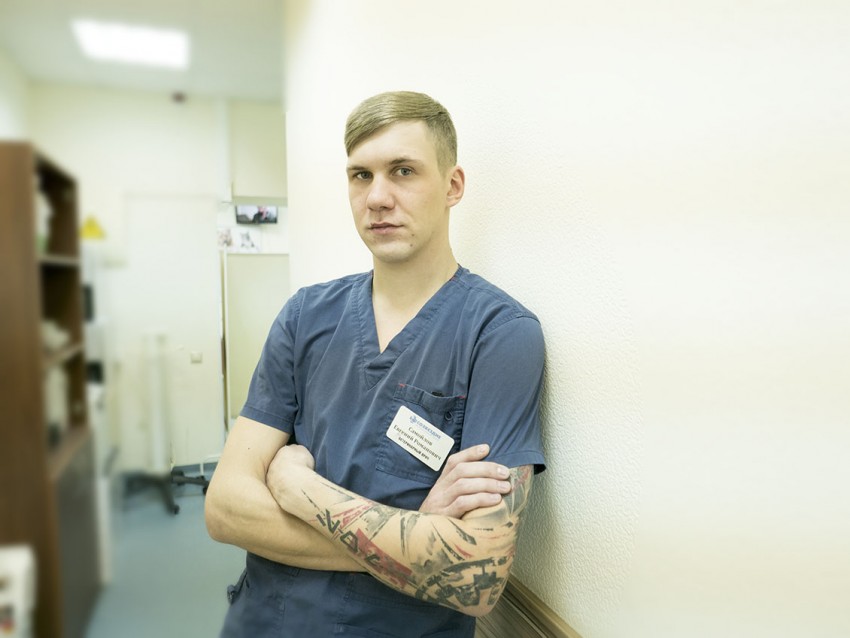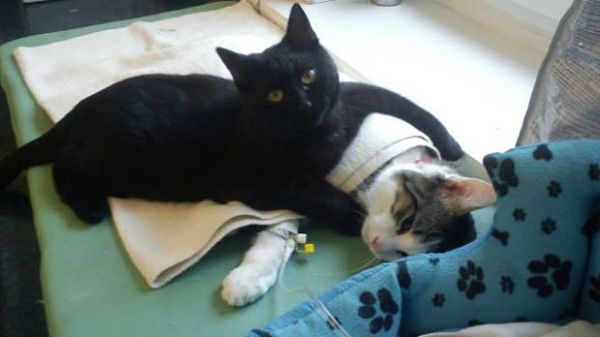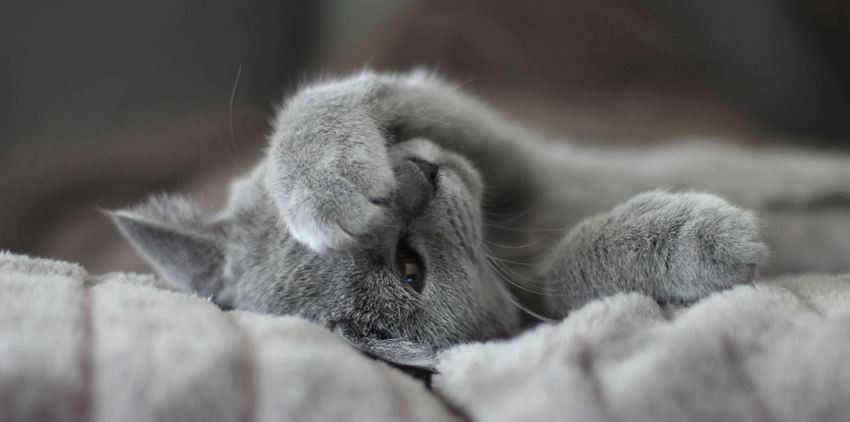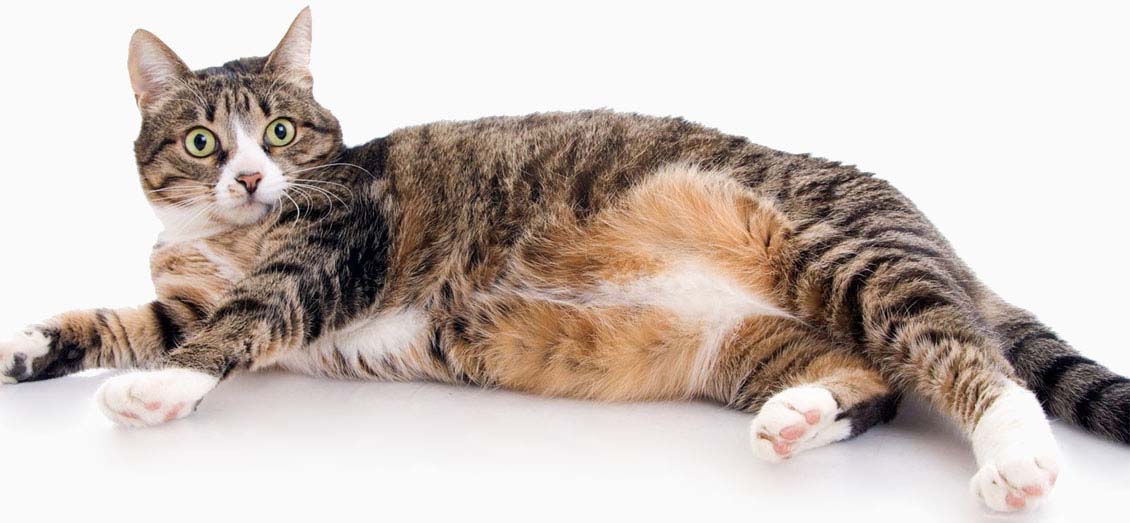Cat vet
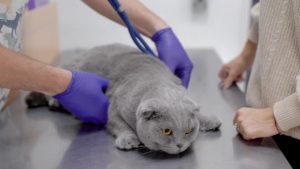 Cats are one of the most independent pets. However, when they become ill, they urgently need our help and attention. In order to protect your animal from diseases, it is necessary to ensure its full feeding, pay attention to its mode and quality, create favorable conditions for keeping and properly care. Veterinary clinic in Minsk “VetProfi” provides a wide range of services for the treatment of cats and cats.
Cats are one of the most independent pets. However, when they become ill, they urgently need our help and attention. In order to protect your animal from diseases, it is necessary to ensure its full feeding, pay attention to its mode and quality, create favorable conditions for keeping and properly care. Veterinary clinic in Minsk “VetProfi” provides a wide range of services for the treatment of cats and cats.
Common pathologies
What diseases are most common in these animals?
Internal non-communicable diseases: gastroenteritis, bronchitis, poisoning, urolithiasis, cystitis, nephritis, chronic renal failure, dermatitis, allergies.
Surgical diseases: injuries (wounds, fractures), pyometra, neoplasia (tumors of the mammary gland, internal organs), pathologies of the osteo-articular system (dysplasia of the hip joints, etc.).
Infectious diseases: trichophytosis (lichen), calicivirosis, panleukopenia (“distemper”), infectious rhinotracheitis, chlamydia, rabies.
Parasitic diseases: otodektoz (ear mite), sarcoptosis (scabies), demodicosis, helminthic invasions (ascariasis, tape helminthiasis), the defeat of fleas, lice.
Symptoms of pathology
Clinically, cat diseases can manifest themselves with the following symptoms:
refusal to eat, lethargy, indifference;
excessive anxiety, agitation, uncharacteristic behavior, making unusual movements;
increased thirst;
fast breathing with open mouth, cough, wheezing;
cyanosis, pallor, redness or yellowness of the mucous membranes;
mucous or purulent discharge from the eyes, nose;
excessive salivation, unpleasant smell from the mouth;
scratching, increased hair loss, baldness of body areas;
redness, peeling of the skin;
appearance of seals or rashes on the body;
lameness, change of gait, configuration of the limbs;
vomiting, frequent, loose stools or constipation;
increased urination or delayed urination;
the appearance of the smell of acetone from the animal.
Detection of any of these symptoms should be a signal for immediate access to a veterinary specialist. Early diagnosis and early treatment will not only preserve the health of your pet, but also, perhaps, save his life.
In the VetProfi clinic in Minsk, the best doctors with narrow specialization, rich experience and professional knowledge in veterinary cardiology, dentistry, orthopedics, hepatology, surgery, obstetrics and gynecology, dermatology and other areas of veterinary medicine carry out treatment of cats and cats.
Diagnosis of diseases
The use of the most modern, highly informative diagnostic methods allows us to recognize animal diseases quickly and as accurately as possible.
For this we use:
Physical examination (clinical examination with thermometry, auscultation and palpation).
Laboratory studies (blood, urine, feces, smears, scrapings, cytodiagnostics, pathological analysis, etc.).
Instrumental methods (ultrasound, ECG, Holter monitoring, radiography, endoscopy, etc.).
Functional tests.
Disease treatment
In the treatment of cats, we use an integrated approach. Drug therapy can be carried out with the appointment of:
etiotropic drugs (antibiotics, antihistamines, antiparasitic drugs, bacteriophages);
drugs that support and restore the functions of internal organs and systems (cardiotonics, diuretics, laxative drugs, hepaprotectors, glucose, saline for intravenous fluids);
means of replacement therapy (hormones, enzymes, blood products).
In addition to pharmacotherapy to provide medical care, we use:
operative interventions;
surgical treatment of wounds, dressing, plaster;
bladder catheterization;
vaccination;
the castration of cats, the sterilization of cats;
cleaning teeth with an ultrasonic scaler, etc.
Do not postpone the visit to the vet – take care of the health of your animal in advance!
